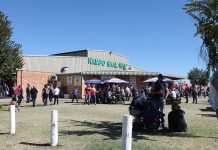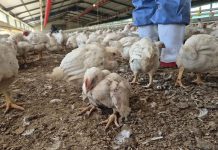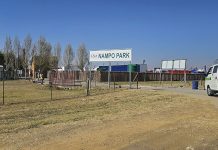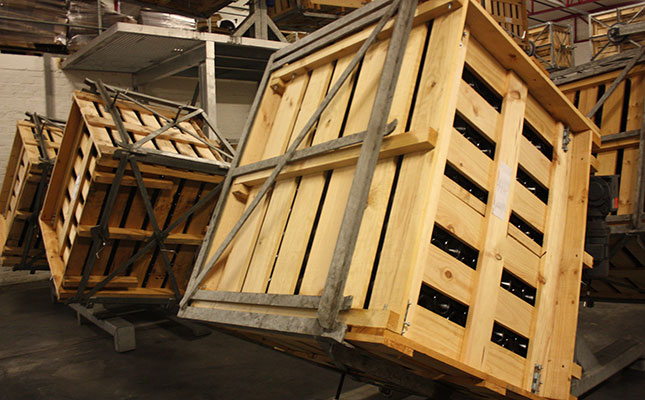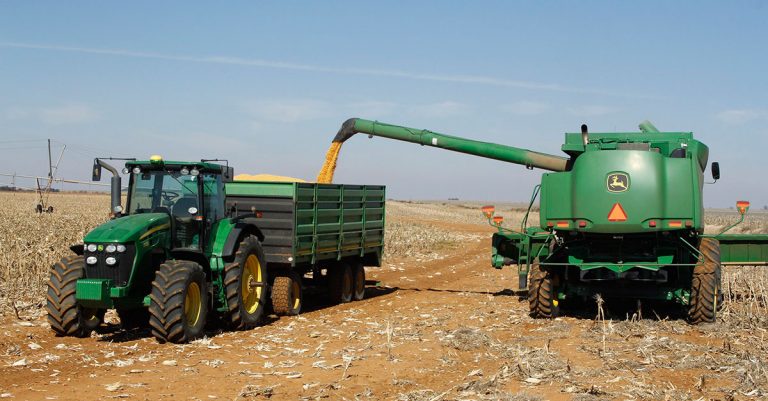
Photo: FW Archive
The theft of fuel from the Transnet pipeline network is an enormous problem in South Africa, according to Christo van der Rheede, Agri SA’s executive director.
He told Farmer’s Weekly indications were that the theft was coordinated and carried out by syndicates from outside South Africa’s borders.
“These acts [are carried out by] by highly organised groups. Large fuel tankers are used. This crime severely impacts the [agriculture sector]. The diesel shortage during last year’s harvesting season was, for example, directly linked to fuel theft from the pipelines,” Van der Rheede added.
This followed a statement by Transnet Pipelines’ chief executive Michelle Phillips, in which she said that during the current financial year, Transnet experienced 50 fuel theft incidents involving more than three million litres of fuel.
However, she added that it was encouraging that the various security, surveillance and tactical response measures in place were yielding positive results.
“The collaboration between stakeholders, such as the Directorate for Priority Crime Investigation, National Crime Intelligence and the National Prosecuting Authority, as well as contracted specialised security service providers, has yielded positive results so far this year,” she said.
The statement followed the discovery in September of a tunnel and equipment apparently erected to siphon fuel from a Transnet pipeline near Phola in Mpumalanga.
Indications were that the structure and associated infrastructure were built for the specific purpose of stealing fuel from the Kendal-Witbank pipeline.
High walls had been constructed on the vacant piece of land in order to conceal a tunnel leading to the fuel pipeline.
At the time of publishing, the matter was still under investigation and no arrests had been made.
To date, the joint security operations had resulted in 150 arrest and 66 tankers and 58 trucks being impounded.
According to Phillips, the arrests had also averted a serious disaster as tampering with the high-pressure fuel pipelines and associated infrastructure could cause injuries and fatalities, as well as extensive environmental damage and fires.
So far this financial year, five people had lost their lives while trying to steal fuel, she added.
Van der Rheede said where the pipelines crossed farmland, farmers tried their best to protect and monitor the lines, but it was virtually impossible and dangerous to keep track of the pipelines on a regular basis.
“To stop these criminals, the authorities need to find and apprehend the buyers of the stolen products as well. As long as there is demand for the stolen [fuel] it will be exceedingly difficult to put a stop to the [theft],” he added.


